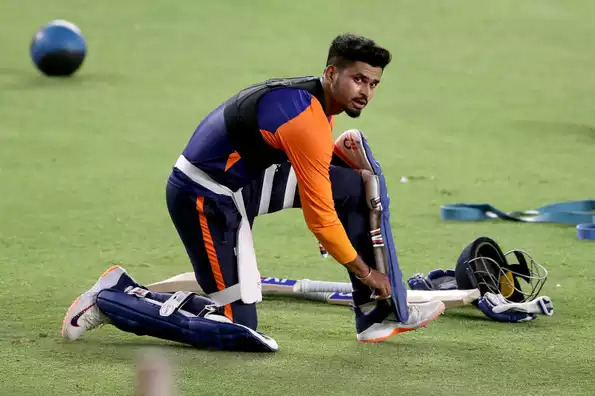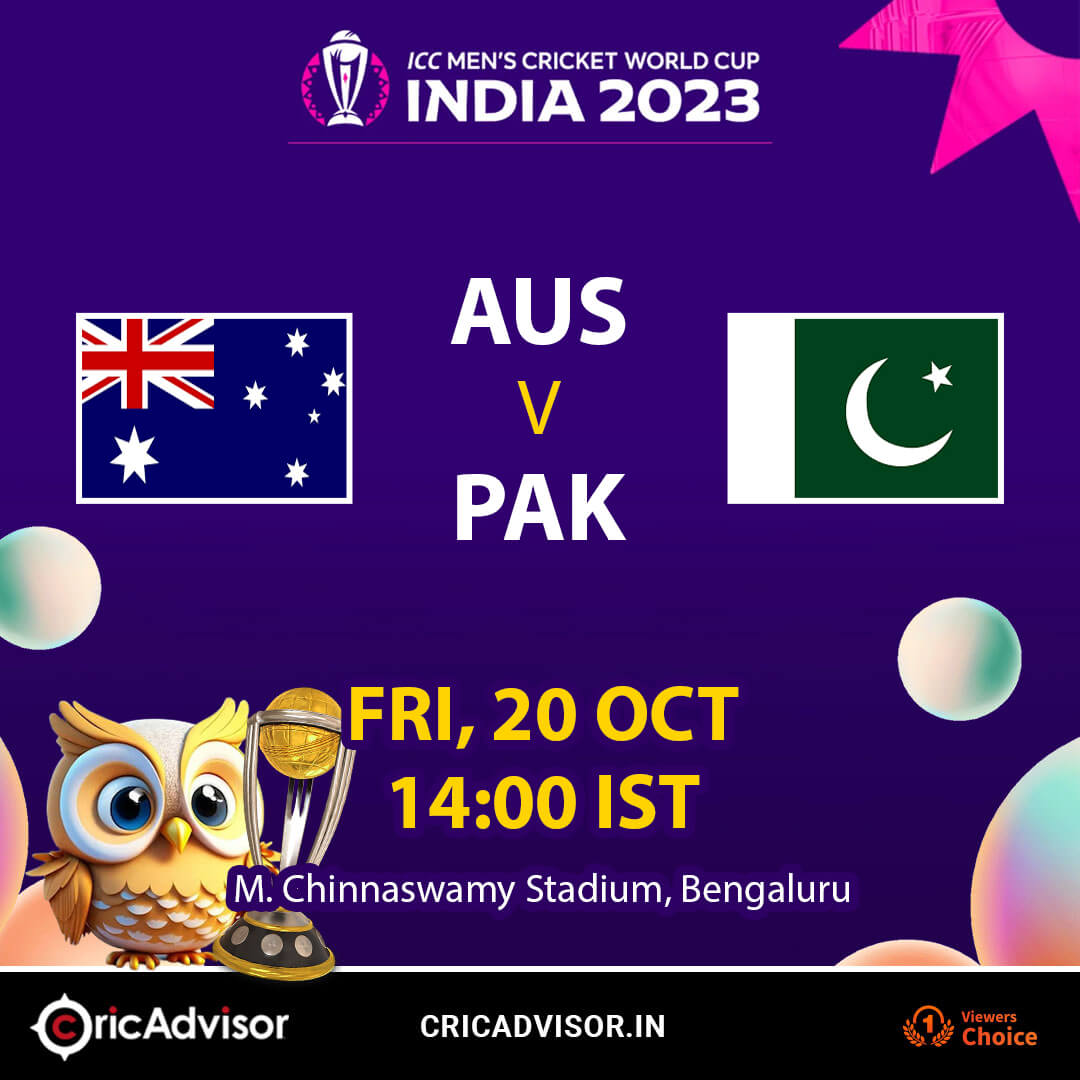
On August 27, the Indian team, which is presently in a training camp at Alur, near Bengaluru, took a vacation. Nonetheless, according to those involved, the proceedings thus far have been satisfactory, particularly for Shreyas Iyer and KL Rahul, who are returning from lengthy injury absences. On Monday, the program will recommence.
After days of speculation about Rahul’s fitness to keep wickets, it is now clear that the 31-year-old wicketkeeper-batsman, who recently returned from quadriceps surgery and a three-month layoff, has begun ‘keeping duties. While there were no doubts about his ability to bat, questions remained about his ability to retain wickets. Due to this uncertainty, the selectors decided to include Sanju Samson as a traveling reserve. However, Rahul appears to be making progress.
Monday, the day before the team departs for Sri Lanka for the Asia Cup, he is expected to assume additional wicket-keeping duties, according to sources. It appears that he will be willing to maintain wickets in the Asia Cup, especially in the later encounters. On September 2, India will play its first match against archrival Pakistan.
On Monday, Jasprit Bumrah and company, who were a part of the recently concluded T20I series in Ireland, will join the Indian players.
Iyer reflects on his experience of pain
Iyer disclosed that he endured excruciating back pain and is now delighted to be back with the Indian team, surrounded by smiling faces. “I’m thrilled to join the team and see so many smiling expressions. I’m ecstatic to return,” Iyer, 28, told CricAdvisor.
“To be precise, I had this nerve compression, basically a slipped disc which was compressing the nerve and the pain was going all the way down to the bottom of my tiny toe. Excruciating pain, I wasn’t able to express myself properly about what I’m going through.”
Iyer, who has not played cricket since January, continued, “After the injury, I spent two days in the infirmary. Following that, I returned home. I granted myself nearly ten days of recuperation. After surgery, I spent three weeks in London. Because the doctor needed to monitor the patient’s progress over time.
“Gradually, as we started doing some running sessions, the first running session was extremely tough. See, for me, it is important right now to be in the present and do my routines right. I don’t want to think about what is going to happen beyond and what has happened in the past. So, happy to be here right now and embracing each and every moment.”










